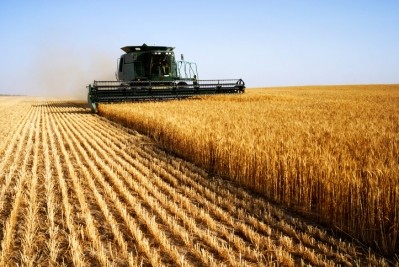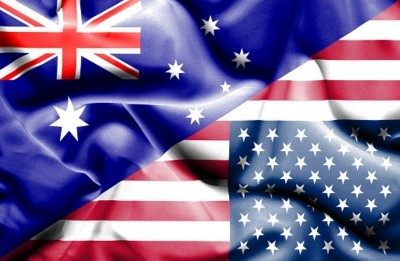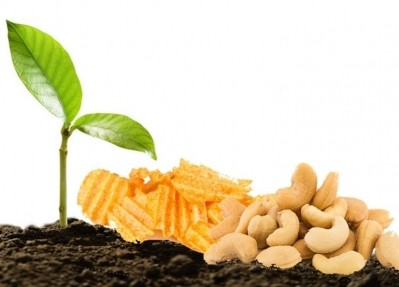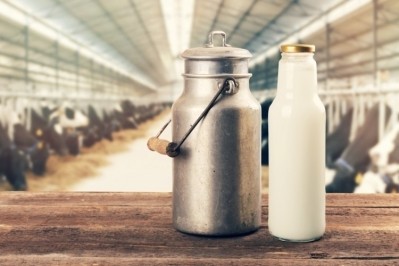Naturally Good Expo 2019
‘Not knowing is no defence’: Top tips from industry food fraud expert on keeping Australian food businesses safe

Speaking at the Naturally Good Expo 2019 in Sydney recently, Food Fraud Advisors Principal Consultant Karen Constable said that the prevalence of food fraud goes deeper than most people realise.
“As long as you buy or sell food, as long as your product is expensive in the country it is exported to, as long as there is profit in your product’s making and selling – your product is vulnerable to food fraud,” she said.
She defined food fraud as occurring whenever products are sold in a way that ‘deliberately misleads or deceives consumers for financial gain’, for example the adding or removal of substances to the product, misrepresentation (e.g. calling it organic when it’s not) and so on.
Along with food fraud comes the risk of the implicated brand and company suffering both financially and in terms of reputation – a situation where prevention is better than any cure.
It was also emphasized that even though brands might not know that their products were being fraudulently traded, this was no defence in the eyes of the law.
“It is not a defence by law even if a company does not know that fraud is occurring for their product.
“[For example], back in 2016, retail outlets in Australia had their on-shelf oregano products tested by CHOICE, where seven out of twelve samples were found to be adulterated with other ingredients.
“Many of the brands that were caught did not even know that this was going on, but [after the Australian Competition and Consumer Commission stepped in], several of these were prosecuted such as Aldi’s and Hoyt’s who had trusted their supplier and ended up under fire for it,” she said.
Major vulnerabilities and what to do about these
Across the food production and manufacturing chain, Constable highlighted several areas that were particularly vulnerable to food fraud.
“The first area is in that of raw materials, and brand owners need to be particularly careful in having systems to know what you’re buying. Both an initial screening of the materials being purchased to ensure that [these are what you think they are], as well as a vulnerability assessment are advised.”
Vulnerability assessments are tools to assess a company’s vulnerability to food fraud and rank the risk from high to low. Several options exist that can be found online and used free-of-charge.
“[These work] based on historical records, so for example if we talk about lead in turmeric which the US Food and Drug Administration has seen before, we know that turmeric is likely to be a victim of food fraud,” she added.
“If the assessment find high risk for your product, [it may be wise to consider higher-level actions] such as authenticity testing, temper-evident packaging and conducting supplier audits.”
Untrustworthy employees were also highlighted as a major area of risk, and staff access control as well as stock control systems were advised.
“When it comes to the area of counterfeits, simulations and the like, where Australian products are particularly at risk due to the Australia Made label, it can be tricky to handle these as different countries have different interpretations of trademarks, and it may not be a breach of the law to use a label similar to the original, e.g. Penfolds vs Benfolds,” said Constable.
That said, there are still several things that Australian companies can do to reduce the risk of fraud occurrence.
“A major one is to establish Intellectual Property (IP) protection in the country that you are exporting the product to – this is something that (government agency) the Australian Trade and Investment Commission (Austrade) can help with,” she advised.
Apart from this, constant monitoring was recommended, which means having people on the ground wherever the product is exported to. If any foul play was detected, taking steps for investigation and enforcement were still advised, even in difficult markets like China.
“You would also need to be able to show that any counterfeit product in the market [which is possibly causing harm or of poor quality] is not yours even though your branding is on it – we call these Genuine Article Tests,” added Constable.
An example of a Genuine Article Test can be found in Milo, where manufacturing company Nestle took steps to differentiate genuine Milo from counterfeit products by having different perforations on the top of its packaging and publishing this information online.



















